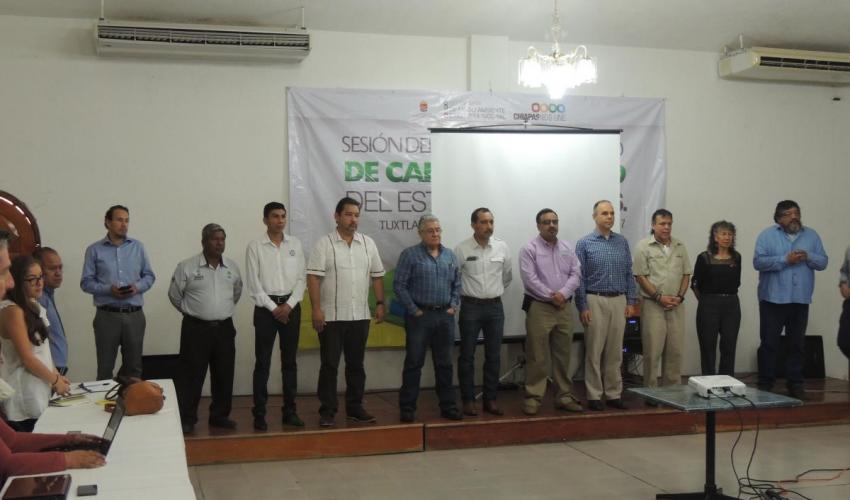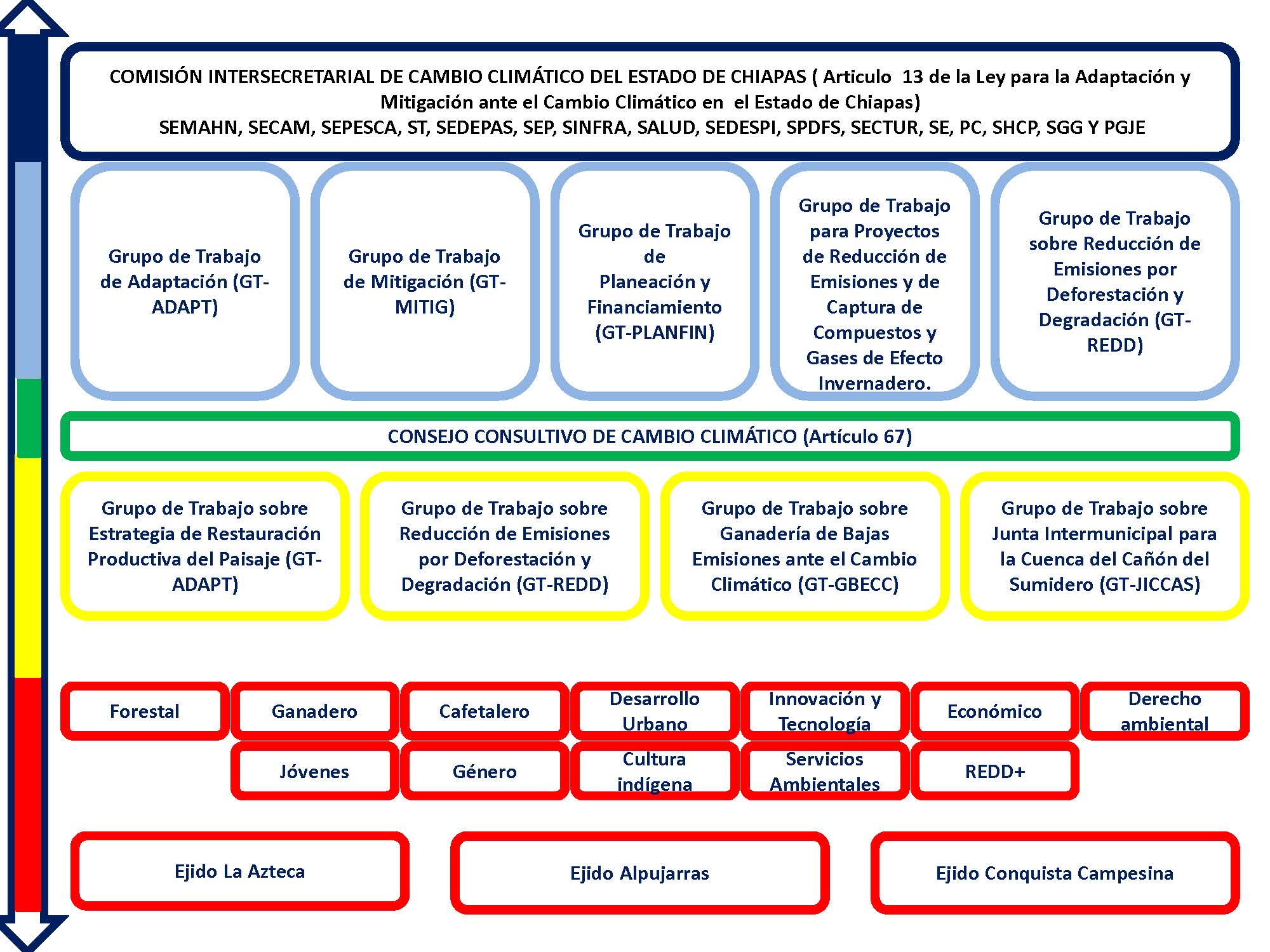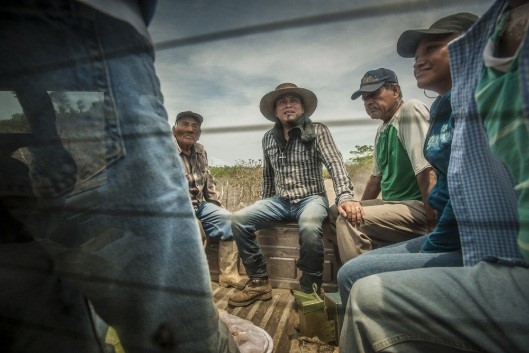



The Climate Change State System is the permanent mechanism for communication and coordination of State entities and municipalities on climate change policies. It members are: Climate Change Inter-Secretariat Coordination Commission (CCISCC), Climate Change Advisory Council (CCAC), State Secretary of Environment, federal delegations, mayors and state Congress.The CCISC is in charge of developing the adaptation and mitigation policies against climate change in the State of Chiapas and the CCAC is the permanent consultative body. Although the CCAC was established in 2014, it was inoperative, leaving a gap in the promotion of public participation in the formulation and implementation of CC policies.
IUCN conducted an analysis and interviews to identify the reasons behind it, which were: 1) lack of time due to the honorific (non-paid) basis of the Counsellor and 2) lack of an Internal Regulations with rules on removal from office due to prolonged absence. Counsellor lasts 3 years in office, thus IUCN and the State Secretariat of Environment used the momentum in 2017 to promote the appointment of new Counsellors by the CCISCC president and the elaboration of its Internal Regulation. They also made sure to include a Working Group on Adaptation.
The multidimensional participatory governance improvement was possible thanks to a variety of enabling factors:
- Political will and commitment
- Commitment from NGOs
- Committed local communities with experience in conservation actions
- Media coverage
- Support from ongoing adaptation projects, both from international cooperation and national programs.
- In order to constitute a multidimensional governance platform, the Advisory Council should promote multi-sectoral integration, but also multi-level integration. This implies the inclusion of Ejido representatives, local actors and indigenous peoples so that these actors can put their proposals, adaptation needs (particularly for EbA) and mitigation opportunities, before state authorities.
- Considering that over 50% of Chiapas population live in rural areas and that some Counsellors live far from Chiapa’s capital, it is important to develop decentralized mechanisms for representation and participation in decision-making. Otherwise the institutional setting may fail to achieve its goal.
- Spaces such as the National Congress on Climate Change Research, supported in recent years by the Advisory Council, offer dissemination and networking opportunity so that actors, such as Ejidos, researchers and civil society, can present their needs and proposals related to climate change.
Note: The Ejido is a system of land tenure and form of communal organization, where communities sow to help each other.